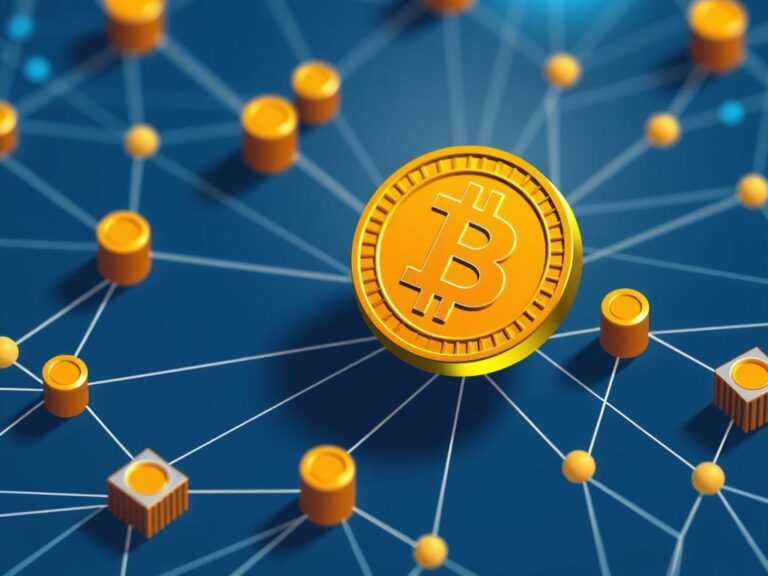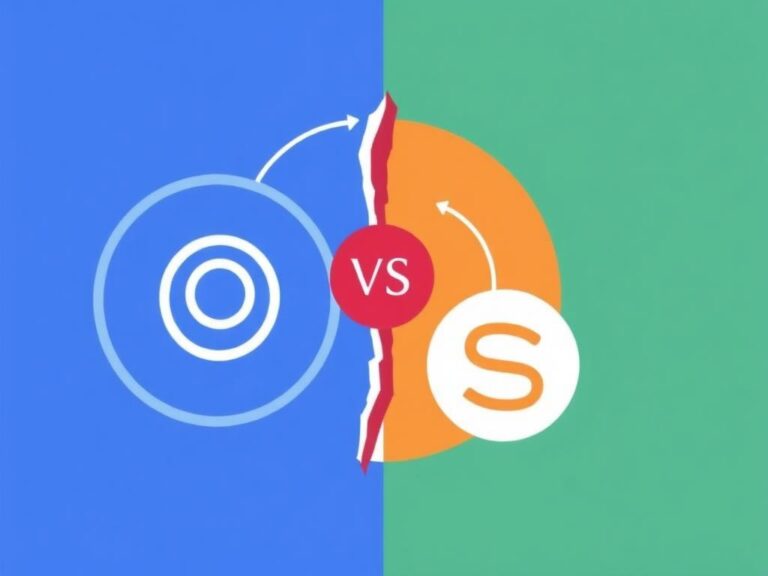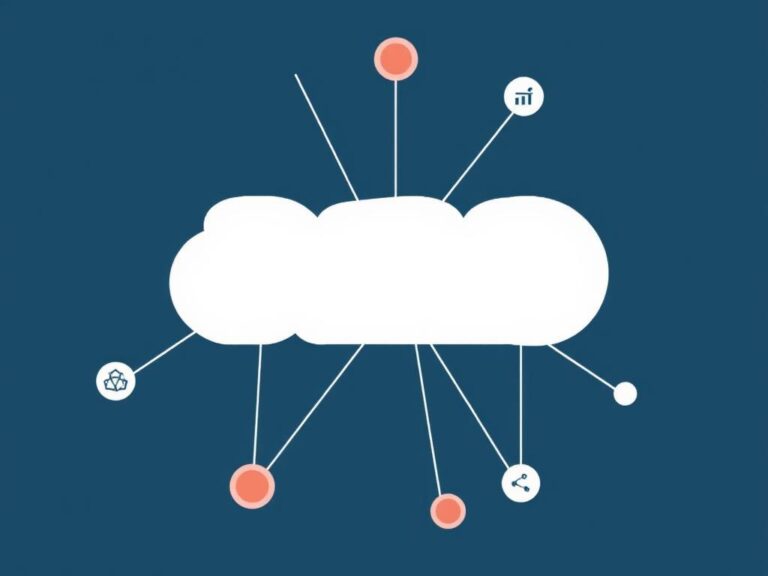Smart Contracts and P2P Transactions: Revolutionizing the Way We Exchange Value
Imagine a world where you can buy, sell, or trade assets directly with another person without needing a middleman. No banks, no lawyers, no costly intermediaries slowing down the process. This is the promise of peer-to-peer (P2P) transactions empowered by smart contracts. As blockchain technology continues to evolve, smart contracts are playing a crucial role in transforming how we conduct P2P transactions by making them more secure, transparent, and efficient. Let’s take a deep dive into what smart contracts and P2P transactions are, how they work together, and why they might be the future of exchanging value.
What Are P2P Transactions?
P2P transactions refer to direct exchanges between two parties without involving any third party or intermediary. Think about it as person A paying person B directly, whether for goods, services, or digital assets. Traditionally, many P2P transactions still require a middleman, such as a bank or payment processor, which can slow things down and increase costs.
With the rise of digital technologies and decentralized systems, true P2P transactions have become possible. These enable users to transfer value securely across a global network, bypassing traditional gatekeepers. This is particularly relevant in the context of cryptocurrencies and blockchain, where users can send funds directly from their wallet to another’s wallet anywhere in the world in minutes.
Advantages of P2P transactions
- Lower fees due to elimination of intermediaries
- Faster settlement times without banking delays
- Greater control and privacy for the parties involved
- Accessibility for unbanked or underbanked populations
Despite their many advantages, P2P transactions can sometimes face challenges involving trust, enforcement, and complexity when the value exchanged is more than just simple payments. For example, when trading assets or entering more complex agreements, ensuring both parties fulfill their commitments becomes tricky.
Understanding Smart Contracts
Enter smart contracts. These are self-executing contracts with the terms of the agreement directly written into lines of code. Hosted on a blockchain, smart contracts automatically enforce and verify the contract terms without needing a trusted third party. They can manage, verify, or facilitate the negotiation or performance of a contract digitally.
Smart contracts bring transparency, automation, and irreversibility to agreements. Once conditions within the contract are met, the contract is executed automatically — say, releasing payment upon delivery of a product or transferring ownership of digital assets after verification.
How Do Smart Contracts Work?
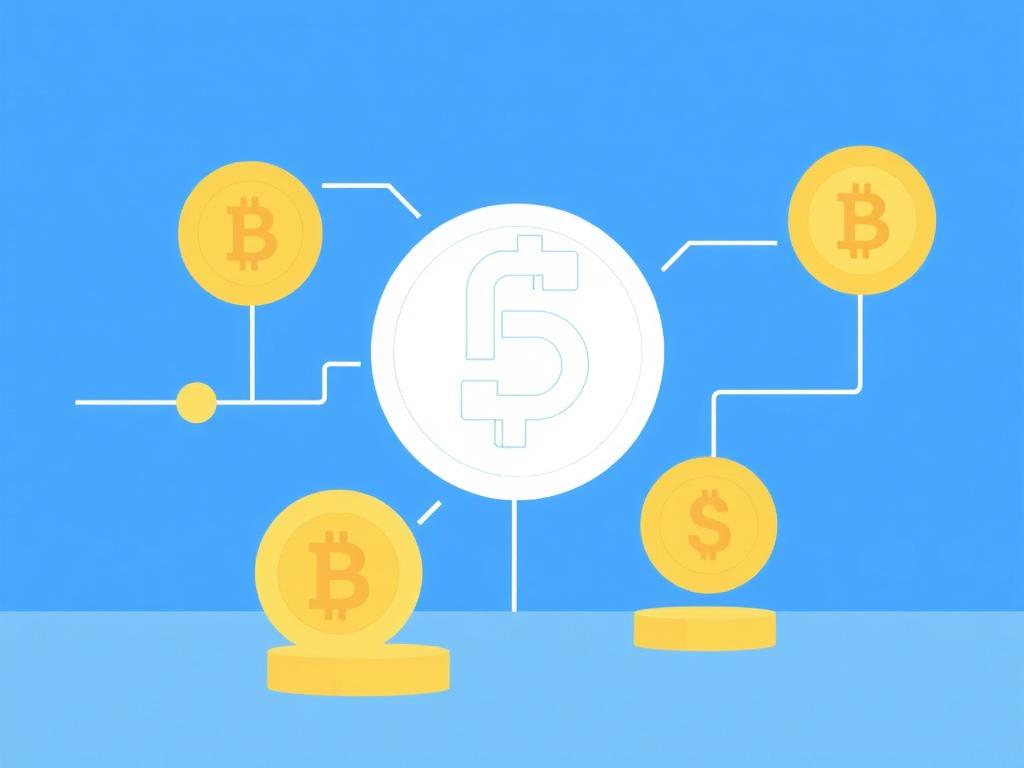
At their core, smart contracts work through a few simple steps:
- The parties agree on the contract terms, which are then programmed into code.
- The contract is deployed on a blockchain network where it is immutable and visible.
- When predetermined conditions are met (such as a payment being confirmed or a deadline reached), the contract executes the agreed actions automatically.
- The results (transaction records, asset transfers, notifications) are recorded on the blockchain forever.
They are typically used in decentralized applications (dApps) and platforms built on blockchains like Ethereum, Binance Smart Chain, and others. Smart contracts remove ambiguity, reduce disputes, and lower the transaction settlement time dramatically.
The Intersection of Smart Contracts and P2P Transactions
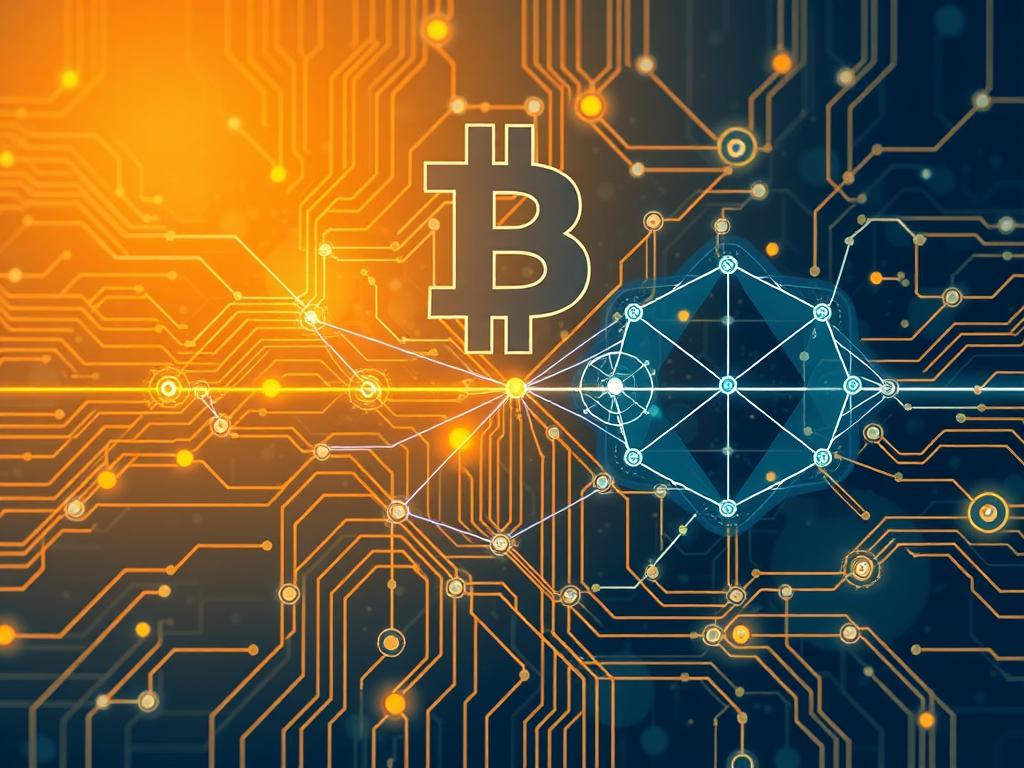
When smart contracts enter the picture of P2P transactions, magic happens. Smart contracts can enable complex transactions to occur directly between individuals without requiring trust or third parties. For example, they can manage escrow services, automate payments tied to specific deliverables, or manage multi-step exchanges of assets.
This combination addresses some of the biggest challenges in P2P transactions: ensuring both parties hold up their end of the deal and removing the need for middlemen to enforce agreements.
Use Cases in Real Life
| Use Case | Description | Benefit of Smart Contract & P2P Combination |
|---|---|---|
| Peer-to-Peer Lending | Individuals lend money directly to others bypassing banks. | Automatic repayment schedules enforced by smart contracts reduce defaults and missed payments. |
| Decentralized Marketplaces | Buyers and sellers trade goods/assets directly on blockchain platforms. | Smart contracts act as escrow holding payments until delivery confirmation, ensuring trust. |
| Real Estate Transactions | P2P sale of property and titles without traditional agents. | Smart contracts automate title transfers and payments simultaneously, reducing paperwork. |
| Digital Rights Management | Artists and creators sell or license their work directly. | Automatic royalty payments and licensing terms governed transparently on-chain. |
As this list shows, the impact is wide-ranging. The underlying thread is that smart contracts make P2P transactions safer, faster, and fairer, encouraging more widespread adoption of decentralized, peer-to-peer economic models.
Challenges and Considerations
Despite their promise, there are still a few hurdles to overcome before smart contracts become mainstream facilitators of P2P transactions. One important challenge is coding complexity. Smart contracts need to be bulletproof; bugs can lead to costly errors or security vulnerabilities. We’ve seen famous cases where flawed contracts allowed hackers to drain millions.
There’s also the issue of legal recognition. While smart contracts execute automatically on blockchain, how they align with traditional contract law differs by jurisdiction. Enforcing off-chain conditions or resolving disputes that require human judgment remains a gray area.
Best Practices When Using Smart Contracts for P2P Transactions
- Thoroughly audit contract code with professional security experts.
- Keep the contract logic as simple as possible to avoid errors.
- Confirm all parties understand the terms before deploying contracts.
- Combine smart contracts with off-chain agreements or arbitration clauses where necessary.
Future Trends: What’s Next for Smart Contracts and P2P Transactions?
The future looks exciting. Innovations like cross-chain smart contracts will enable P2P transactions to happen across multiple blockchain networks, expanding the scope for decentralized commerce. Layer-2 scaling solutions will make smart contract executions faster and cheaper, enhancing user experience.
We’re also seeing increasing integration of oracles — trusted data providers — that feed external real-world information into smart contracts. This means P2P agreements can react to events outside the blockchain such as weather data for crop insurance or delivery confirmations from IoT devices.
Moreover, as decentralized finance (DeFi) grows, more sophisticated financial instruments will be available for P2P trading and lending, all governed by smart contracts. This could democratize access to financial services like never before.
Summary Table: Smart Contracts vs Traditional Contract Enforcement in P2P Transactions
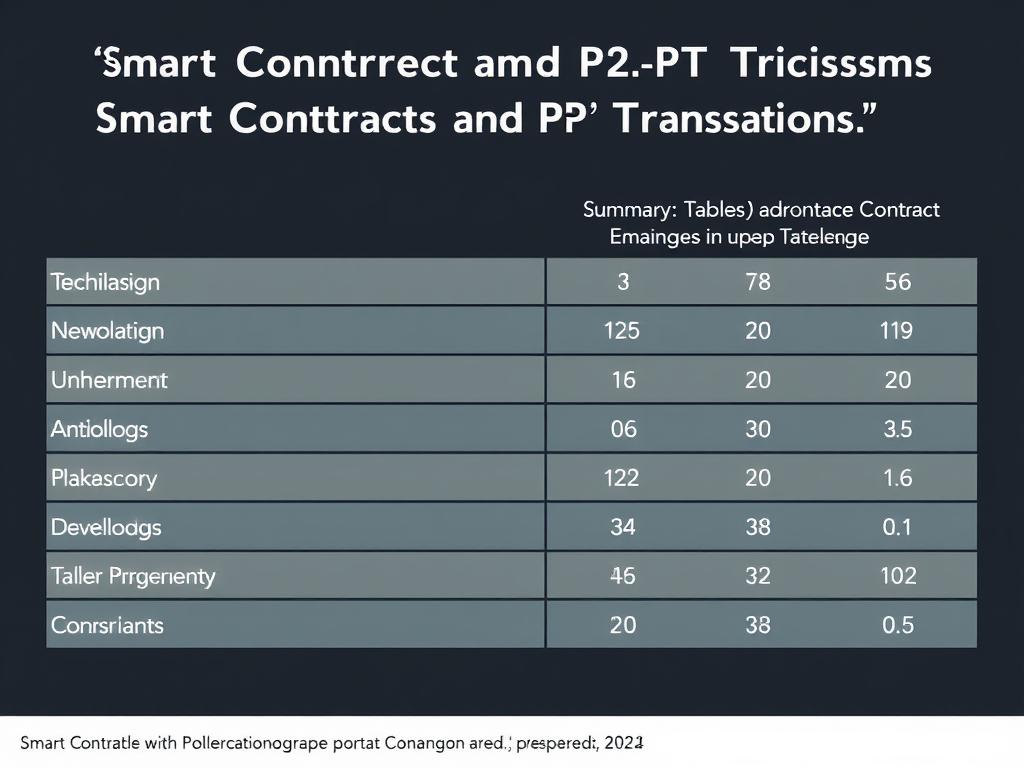
| Aspect | Traditional Contracts | Smart Contracts |
|---|---|---|
| Execution Speed | Days to weeks, depending on enforcement | Instantaneous once conditions met |
| Cost | Often high due to intermediaries and legal fees | Minimal, since automated with no middlemen |
| Transparency | Limited, often requires trust | Fully transparent and immutable on blockchain |
| Trust Requirement | High, relies on counterparties and enforcement | Low, due to automated, verifiable execution |
| Dispute Resolution | Legal systems or arbitration needed | Challenging, limited by code scope and jurisdiction |
Final Thoughts
Smart contracts and P2P transactions are a dynamic duo shaping the future of decentralized exchange. By automating trust and enforcing agreements without relying on traditional intermediaries, this combination empowers individuals to transact directly, securely, and fairly. While some hurdles like security vulnerabilities and legal questions remain, ongoing innovation continually pushes boundaries. For anyone interested in finance, technology, or disruptive innovation, understanding how smart contracts enhance P2P transactions is key to grasping the next evolution in how value moves globally.
Conclusion
Smart contracts have unlocked new doors for peer-to-peer transactions by automating trust and streamlining agreements. They offer the potential to reduce costs, increase speed, and democratize access to global markets without relying on traditional intermediaries. Although challenges remain in security and legal frameworks, the benefits of combining smart contracts with P2P transactions promise a more efficient, transparent, and accessible future for exchanging value. As technology advances and adoption grows, we can expect to see smarter, more versatile P2P exchanges become an everyday reality around the world.

